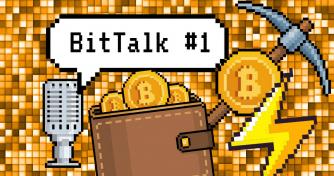Founder and Chief Executive Officer of Grayscale DCG, Barry Silbert, has gotten into the nerves of the Dogecoin community after leaving the meme token out during his recent comparison of the top cryptocurrencies.
Silbert compared the top crypto assets like Bitcoin (BTC), Ethereum (ETH), Ripple (XRP), and Zcash. In each of the cryptocurrencies, he likened them to a particular celebrity or music band, but left a question mark beside Dogecoin,
Silbert Likens XRP to Coldplay
The Grayscale executive likened Ethereum to u2, a popular rock band from Dublin, formed in 1976. Bitcoin, the largest cryptocurrency by market cap, was compared to Pink Floyd, an English rock band in 1964.
He also compared XRP to Coldplay, a British rock band formed in London in 1996. He then went ahead to liken LTC coin to the Eagles, a very popular musical act in the 1970s, formed in North America.
His tweet also includes a comparison for Zcash, which he likened to Radiohead, an English rock band formed in Oxfordshire in 1985. The comparison on zCash was a funny one because the “old country” music group was formed in the 1970s-1990s. The executive was trying to say that the digital asset has been existing for several years.
Silbert Leaves Hilarious Question Mark On Dogecoin
Although the intent of Silbert for posting the comparisons is not clear, many started sharing memes of the celebrities besides the token they are likened to. Most of the memes were meant for jokes, but the question mark on Dogecoin didn’t go down well with its enthusiasts.
Dogecoin was created as a joke by software engineers Jackson Palmer and Billy Markus. The intention at the time was to make fun of the heavy speculation of the crypto assets.
But Dogecoin has remained strong in the market after eight years. The token has generated a lot of interest after heavyweights in the industry like Elon Musk promoted it immensely. Dogecoin has drawn the attention of several investors in the crypto market, as the token keeps surging in price and market capitalization.
Your capital is at risk.
Read more:






